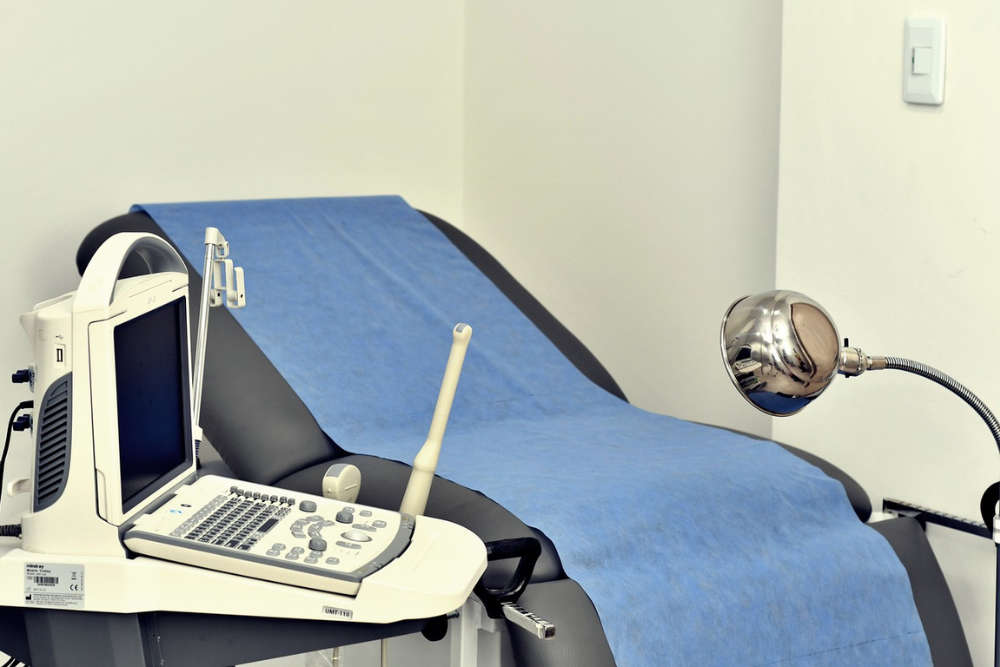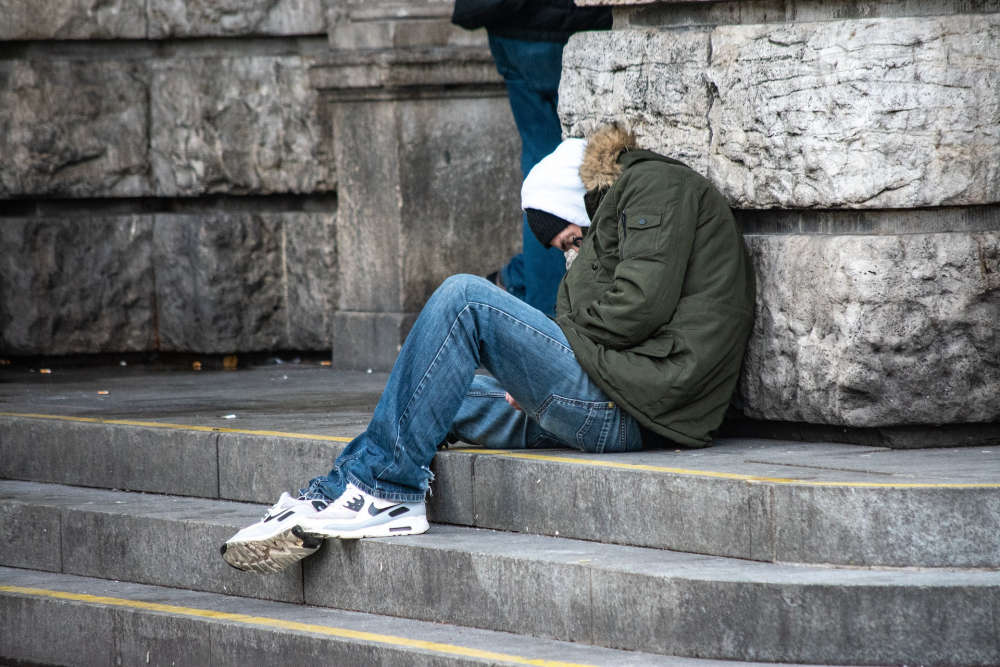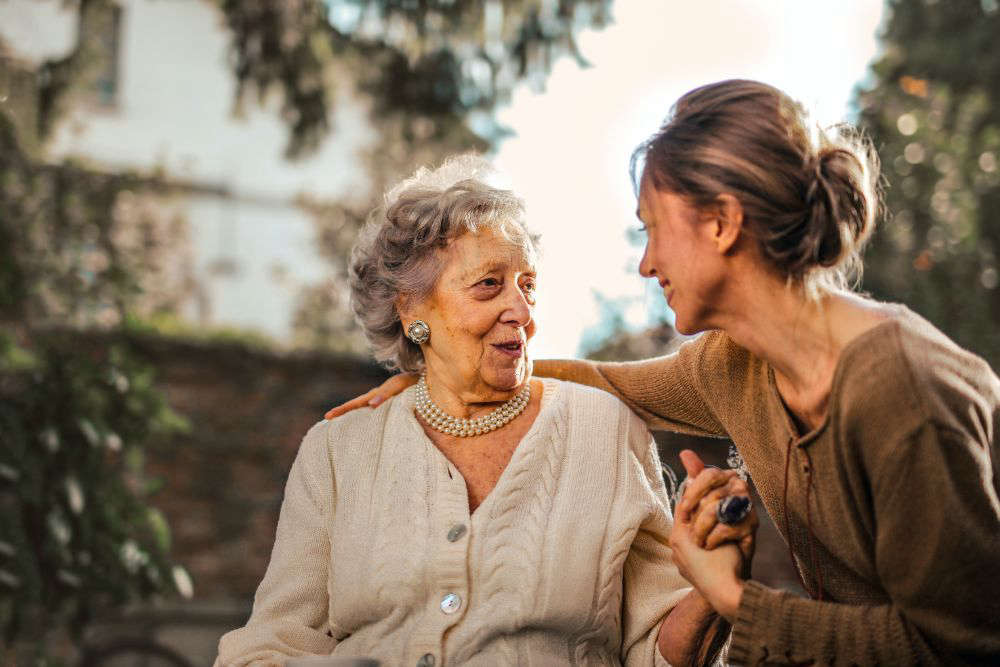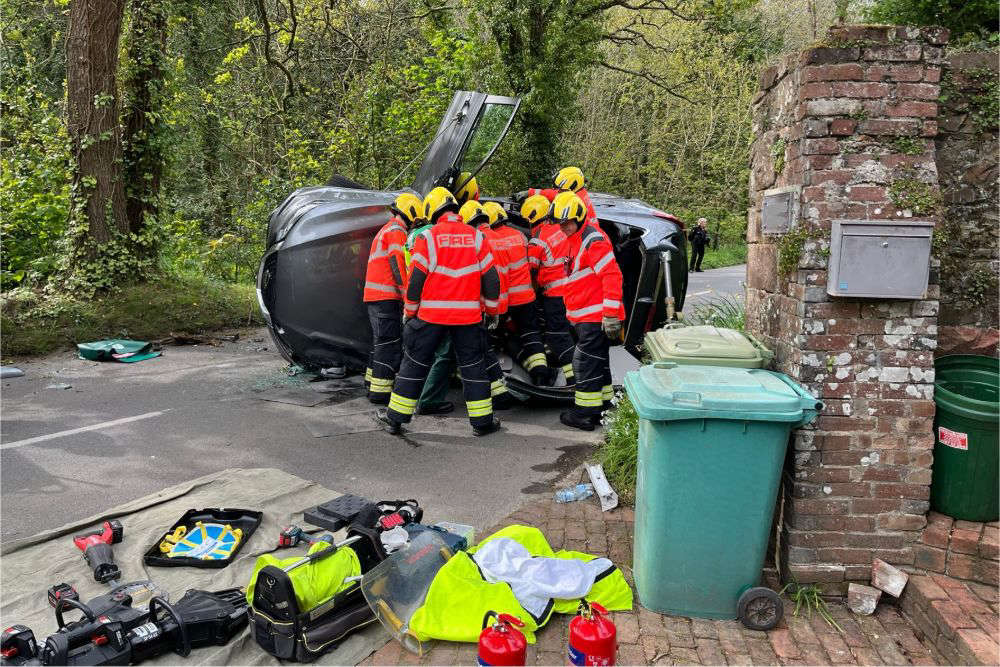
Islanders who are eligible and due screening for cervical cancer are being urged to book an appointment for 2024.
January is Cervical Cancer Awareness Month, as this form of the disease is one of the most common in women and can be prevented.
Those between the ages of 25 and 64 are encouraged to opt in for regular screenings this month.
Screenings detect Human Papillomavirus (HPV), a viral infection passed between skin-to-skin and sexual contact.
The infection is one of the leading causes of cervical cancer and can be successfully treated if it is caught at an early stage.
Consultant Obstetrician and Gynaecologist Dr Fiona Nelson says people can be apprehensive because of dramatised stories about how awful it is.
"A lot of women, when they have it done they think 'Oh, that wasn't nearly as bad as I thought'.
It literally just takes a minute.
We pop an instrument inside the vagina and then open it up gently just so that we can have a look at the cervix.
We use a very, very soft little brush to take some of the cells and they get put in a little pot to check for the presence of human papillomavirus."
Attending your cervical screening appointments regularly help prevent cervical cancer. When it’s time to get checked out, don’t put it off. If you’re 25 and over, book today by calling your GP or le Bas Centre on 01534 443781. pic.twitter.com/Xqr5L2OMZh
— Public Health Jersey (@PublicHealthJsy) January 8, 2024
Women and people with a cervix are advised to get a screening every three years from 25 to 49 and every five years from 50 to 64.
Deputy Director of Public Health Grace Norman urges people to sign up when they turn 25.
"Cervical screening can save your life.
It is important that everyone who is eligible for cervical screening attends their appointments regularly as most cases can be treated if caught early."
To opt into the service, islanders should go to their GP or phone the Le Bas Centre on 01534 443781.
After the initial appointment, islanders will be invited regularly according to their age.
Young islanders are also being offered the HPV vaccine, which greatly reduces the risk of multiple cancers, not just cervical cancer.
The dosage of the jab was reduced from two shots to one in June 2023, in line with a decision made by the UK's Joint Committee of Vaccination and Immunisation.
Boys are also being offered the vaccine as they may suffer from anal, penile cancer and throat cancer as a result of the virus.
Dr Fiona Nelson says the vaccine can really reduce the risk of developing HPV changes.
"We strongly encourage boys and girls vaccinations when they're offered them at school."


 Jersey athlete, Lily McGarry, appeals for donations for prosthetic limbs
Jersey athlete, Lily McGarry, appeals for donations for prosthetic limbs
 Levante Jet makes maiden voyage to Jersey
Levante Jet makes maiden voyage to Jersey
 The split between working and non-working Jersey homeless is nearly 50/50
The split between working and non-working Jersey homeless is nearly 50/50
 ArtHouse Jersey launches Liberation 80 exhibition
ArtHouse Jersey launches Liberation 80 exhibition
 Carers offered free training sessions for dementia
Carers offered free training sessions for dementia
 Philip's Footprints introduces new 'Seymour Stroll'
Philip's Footprints introduces new 'Seymour Stroll'
 Firefighters save two islanders from serious St Peter car crash
Firefighters save two islanders from serious St Peter car crash
 New Channel Islands catamaran tests well in choppy seas
New Channel Islands catamaran tests well in choppy seas



